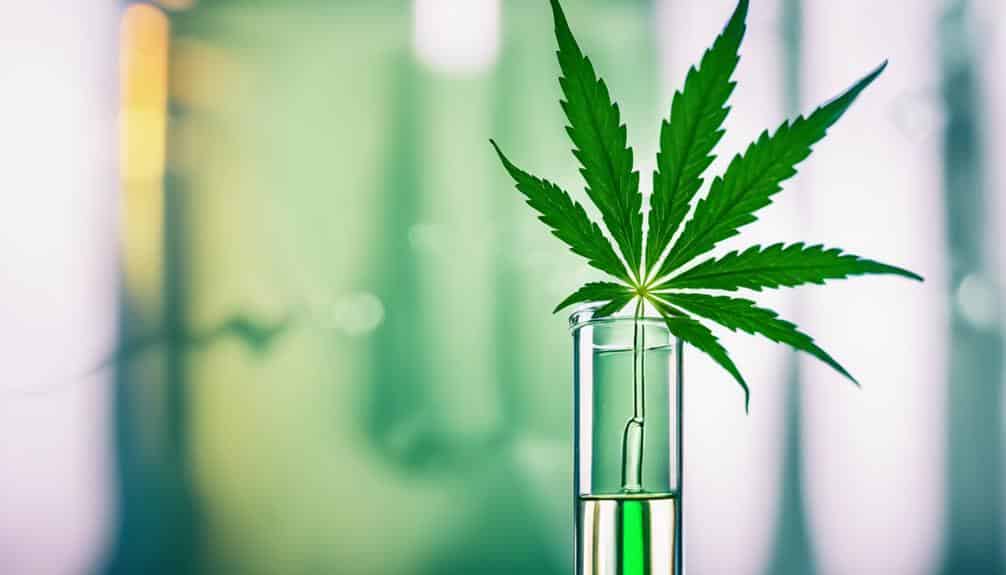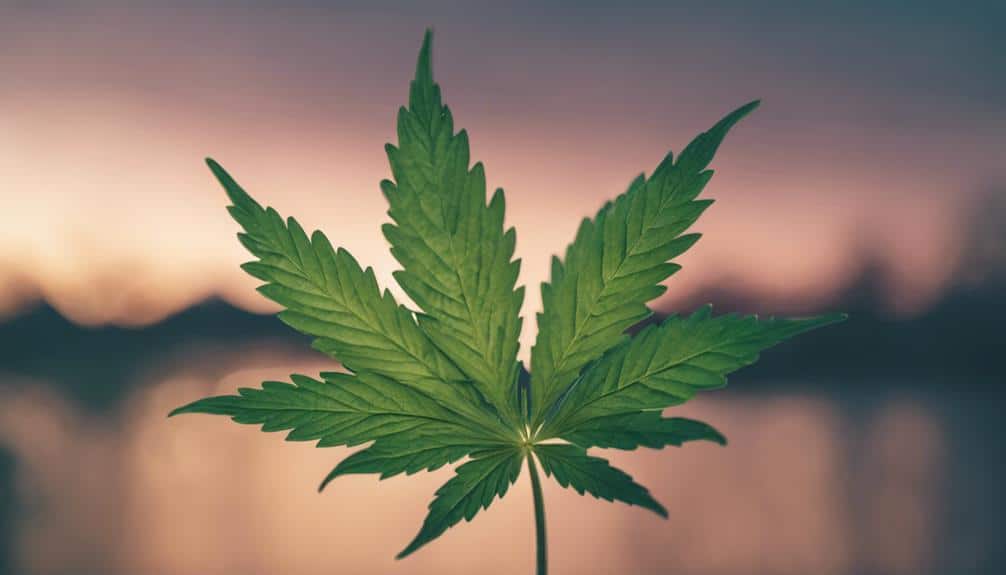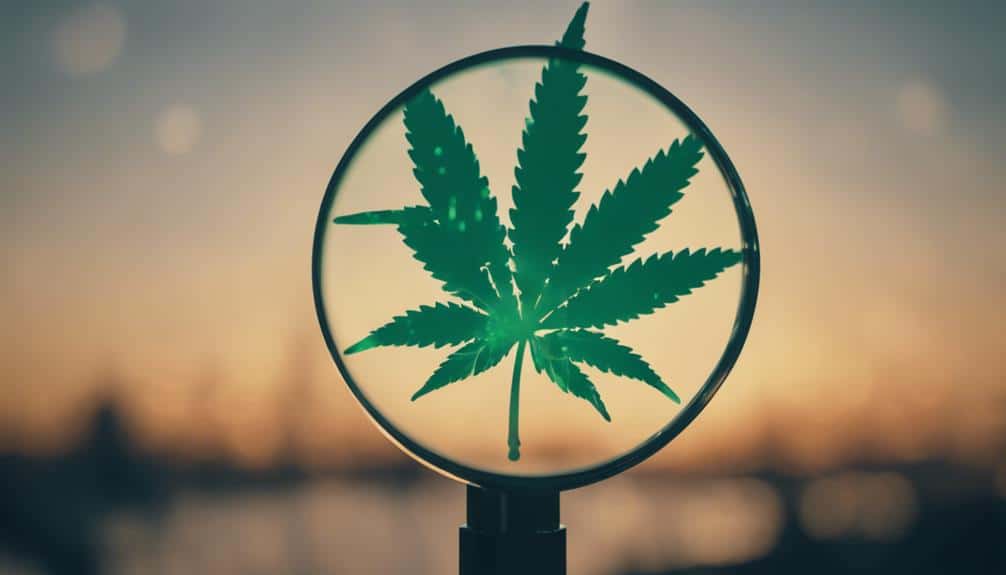You’ve likely heard about the increasing use of medical marijuana as a treatment for various ailments. But have you considered its impact on PTSD sufferers, particularly in Delaware? In this state, where PTSD is legally recognized as a qualifying condition for medical cannabis use, sufferers are finding relief from debilitating symptoms. Delaware’s progressive approach is starting to show promising results, making it an interesting case to explore. But what makes this approach so successful and could it become a model for other states? Let’s examine this closer.
Table of Contents
Understanding PTSD: A Brief Overview

Understanding PTSD, or Post-Traumatic Stress Disorder, isn’t just about knowing the definition; it’s about grasping the deep-seated fear and anxiety that can take over a person’s life after witnessing or experiencing a traumatic event. You need to feel the weight of the constant dread, unexpected panic attacks, and sleepless nights filled with relentless nightmares. These are daily battles for those living with PTSD.
Now let’s delve deeper into ‘PTSD Triggers.’ These are specific stimuli like sounds, smells or sights that can reawaken trauma and spark an overwhelming response. They’re unpredictable and can strike anywhere at any time. It’s like walking through a minefield where explosives are invisible and silent until detonated.
This brings us to ‘Trauma Coping,’ an essential part of managing PTSD. This isn’t about forgetting trauma but learning to live with it. It involves building resilience, developing coping strategies, and finding ways to regain control over your life. You’re not alone in this journey, and there’s a supportive community ready to help you. Understanding these aspects can empower you to better serve others dealing with PTSD.
The Current PTSD Treatment Landscape
In the current landscape of PTSD treatment, you’ll find a diverse range of therapies, medications, and alternative methods trying to offer relief to those grappling with this debilitating condition.
Pharmaceutical interventions are widely used and often include antidepressants, anti-anxiety medications, and mood stabilizers. These can offer relief for some but they’re not without their drawbacks. Side effects can be severe and sometimes these medications only mask symptoms without addressing the root cause of trauma.
Alternative therapies are gaining traction as complementary or even replacement treatments. These include cognitive-behavioral therapy, eye movement desensitization and reprocessing (EMDR), and exposure therapy. These strategies aim to reduce symptoms by helping you confront and rethink distressing memories causing your PTSD.
Nevertheless, the effectiveness of these treatments varies widely from person to person. This often leaves you in a constant trial-and-error mode with your healthcare professionals to find the right treatment combination.
In recent years newer options like medical marijuana have emerged as potential game-changers offering hope for those whom traditional treatments have failed. It’s clear that a one-size-fits-all approach doesn’t work in PTSD treatment which underlines the need for continuous research and innovation in this field.
Medical Marijuana: What’s the Science?

Let’s delve into the science behind medical marijuana and how it may offer a lifeline to those suffering from PTSD. Medical marijuana’s effectiveness comes largely from its cannabinoid chemistry. These are compounds that interact with our bodies’ endocannabinoid system, influencing everything from mood to pain perception.
Among the many cannabinoids, two stand out: THC, which is psychoactive, and CBD, which isn’t but has significant therapeutic benefits. For PTSD patients, the right balance of these two compounds can offer much-needed relief. It’s not about getting high; it’s about stabilizing emotions, mitigating anxiety and promoting better sleep.
This is where therapeutic strains come into play. Different strains of medical marijuana have different ratios of THC to CBD. Some strains might be high in CBD and low in THC, perfect for those who want therapeutic benefits without the ‘high.’ Conversely, strains with more THC can be beneficial for those dealing with severe pain or sleep disorders.
The science of medical marijuana is complex yet promising especially for PTSD sufferers. It’s not a cure-all but it’s a tool that could help many live better more comfortable lives.
Delaware’s Medical Marijuana Legislation
In the evolving landscape of medical marijuana legislation Delaware stands out with its progressive approach to embracing cannabis potential for treating PTSD. Historically the state has shown a willingness to adapt its laws striving to eliminate legislative loopholes and ensure accessibility for those in need.
Delaware’s medical marijuana legislation is characterized by:
- A comprehensive list of qualifying conditions including PTSD
- An emphasis on doctor-patient relationships instead of rigid prescription guidelines
- The allowance of medical marijuana use for minors with parental consent
- Continual updates to reflect advancements in medical cannabis research
- A commitment to closing legislative loopholes that could hinder patient access
You’re part of a community that values service to others. Understanding the historical context of Delaware’s medical marijuana laws equips you with the knowledge to advocate for similar progress in your own locality. The empathetic approach of Delaware’s legislation which centers patient needs is a reminder that you too can make a difference in the lives of those living with PTSD. Always remember, knowledge is power and with it, you can help shape a more compassionate future.
Benefits of Medical Marijuana for PTSD

Understanding the benefits of medical marijuana for PTSD can empower you to make informed decisions about your health or advocate for those suffering from this debilitating condition. Numerous studies show that cannabis strains have therapeutic properties that can help manage PTSD. It’s not just about alleviating symptoms; it’s about restoring quality of life.
Medical marijuana has been found to help reduce anxiety, insomnia, and nightmares common symptoms of PTSD. Unlike some traditional medications, it doesn’t lead to dependency or severe side effects. Some cannabis strains particularly those high in CBD have shown significant promise in reducing hyperarousal and intrusive thoughts making them a viable option for managing this disorder.
Moreover, medical marijuana can provide relief without the ‘high’ often associated with recreational use. Strains high in CBD and low in THC offer therapeutic benefits without the psychoactive effects. This can be particularly beneficial for those who might be concerned about the potential for impairment or addiction.
In Delaware, access to medical marijuana for PTSD is now a reality giving sufferers a new tool in their arsenal to reclaim control over their lives. Remember, it’s not about replacing conventional treatment but enhancing it.
Patient Testimonials in Delaware
Hearing directly from those who’ve experienced the benefits of medical marijuana for PTSD in Delaware can provide a clearer picture of its potential impact. These ‘Therapeutic Success Stories’ and ‘Personal Recovery Journeys’ aren’t just statistics but real-life testimonials that speak volumes about the effectiveness of medical marijuana in providing relief.
Here are some testimonials:
- *John*, a war veteran shares how medical marijuana has reduced his anxiety levels and improved his sleep pattern.
- *Beth*, a domestic abuse survivor tells how it has helped her regain control over her life.
- *Sam*, once a victim of a traumatic accident testifies its role in reducing his nightmares.
- *Amanda*, a nurse details how it has enabled her to return to work by managing her PTSD symptoms.
- *Chris*, a firefighter acknowledges its role in helping him cope with traumatic memories of the job.
Each story is unique yet they all point to the same conclusion: medical marijuana is providing significant relief for PTSD sufferers in Delaware. The experiences of these individuals offer hope and insight for those still seeking effective treatment options demonstrating the potential for a brighter future.
Looking Ahead: Future Research and Developments

As we look into the future it’s crucial to note that ongoing research and developments in the field of medical marijuana hold the potential to further enhance its effectiveness for PTSD sufferers. You can anticipate new strains improved delivery methods and refined dosing guidelines all aimed at maximizing patient relief.
However, research limitations exist. Many studies have small sample sizes short durations and lack control groups. There’s a need for larger long-term studies to confirm benefits and monitor any potential side effects. Ethical considerations must also be taken into account. While the intention is to alleviate suffering you can’t overlook the potential for misuse or dependency. It’s crucial to establish safeguards to prevent such situations.
These challenges aren’t insurmountable. With your dedication to serving others and collective commitment to ethical research practices progress is inevitable. As more states like Delaware embrace medical marijuana for PTSD the momentum for research grows. It’s a promising landscape for those living with PTSD and for you people committed to helping them. Stay engaged stay informed and be part of the solution.
Conclusion
Delaware is revolutionizing PTSD treatment thanks to medical marijuana! You’re witnessing a monumental shift that’s transforming lives of sufferers left and right. It’s more than just a law change; it’s a lifeline offering relief from nightmares of anxiety and insomnia.
If you’re intrigued by what you’ve read so far and want to learn more I warmly invite you to visit Cannabis Docs of Delaware. They’re an information hub that can answer any questions you might have or if you prefer give us a call at (855) 420-6797. We’re always happy to chat and guide you through these new developments.
Stay tuned because with more research and development who knows what further miracles we’ll see? Delaware is leading the charge and for PTSD sufferers it’s a game-changer.

